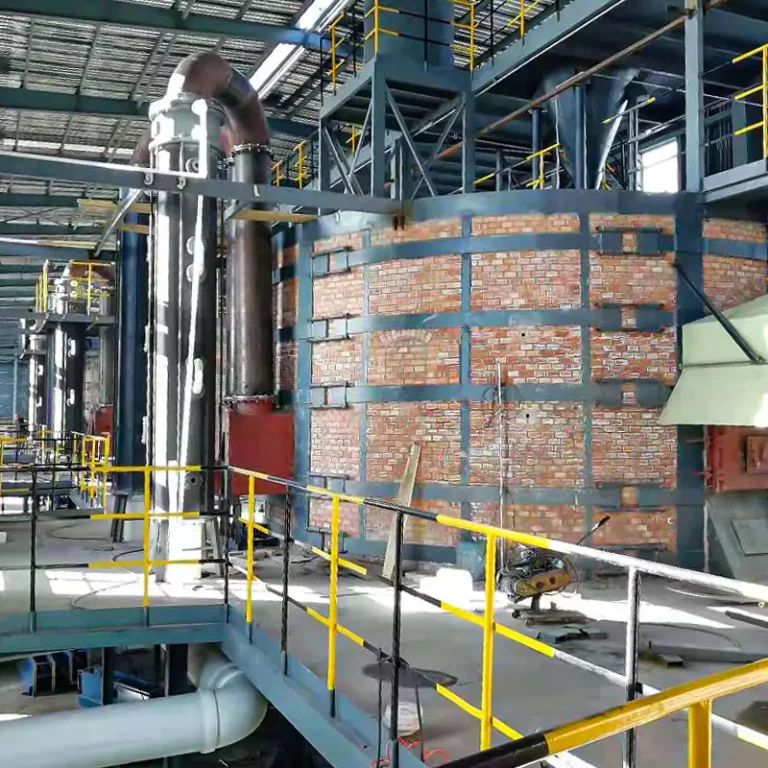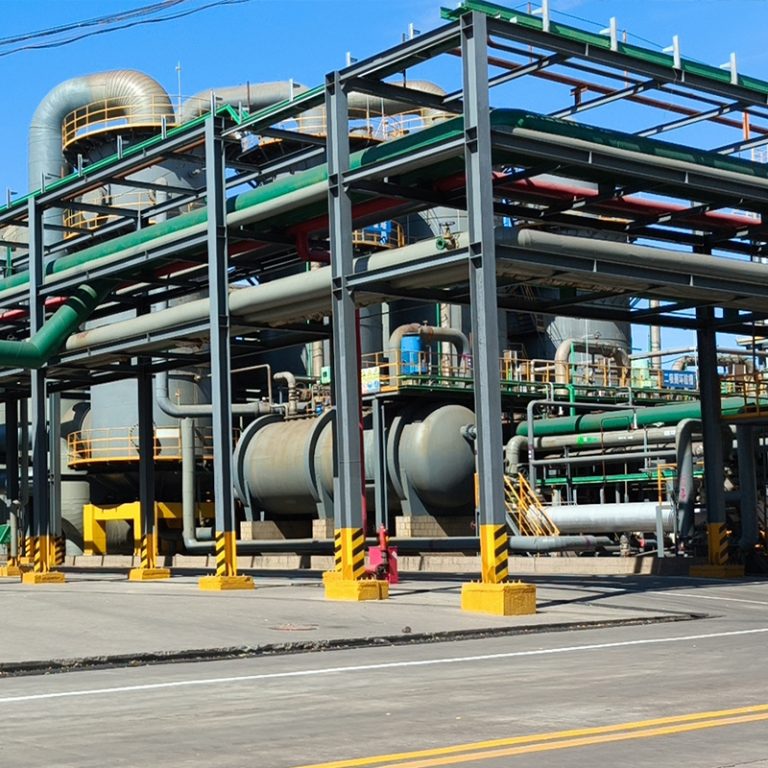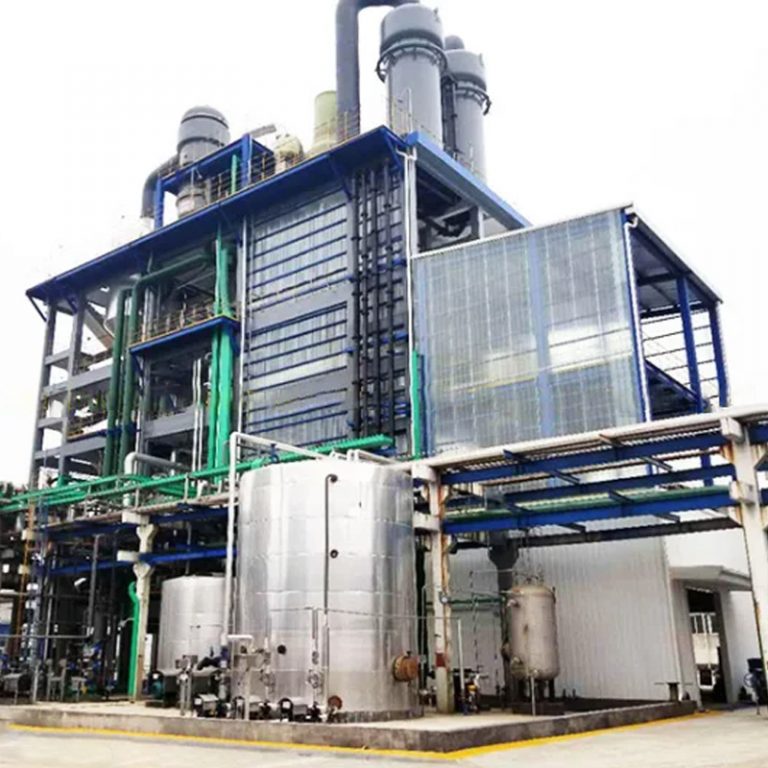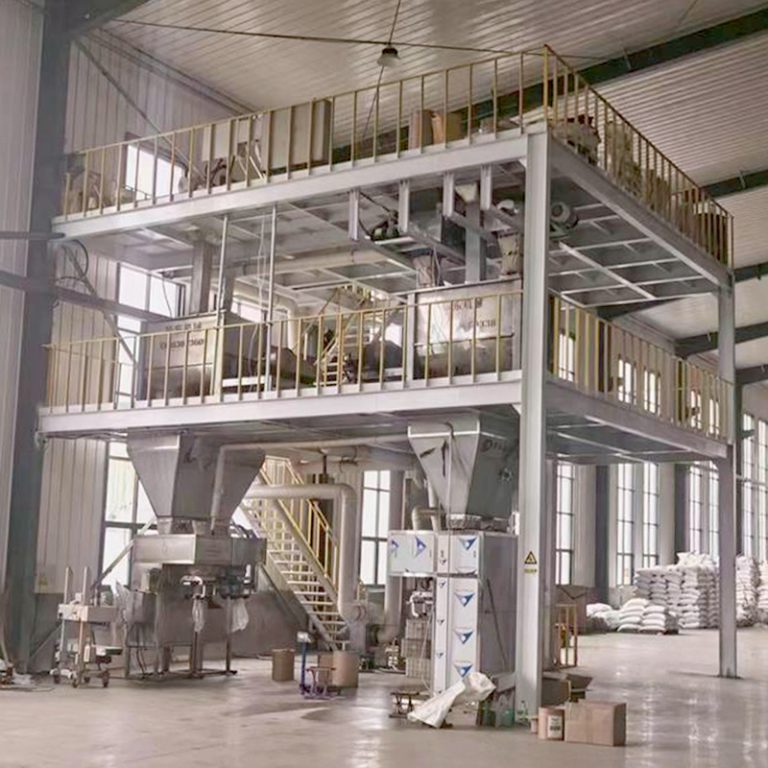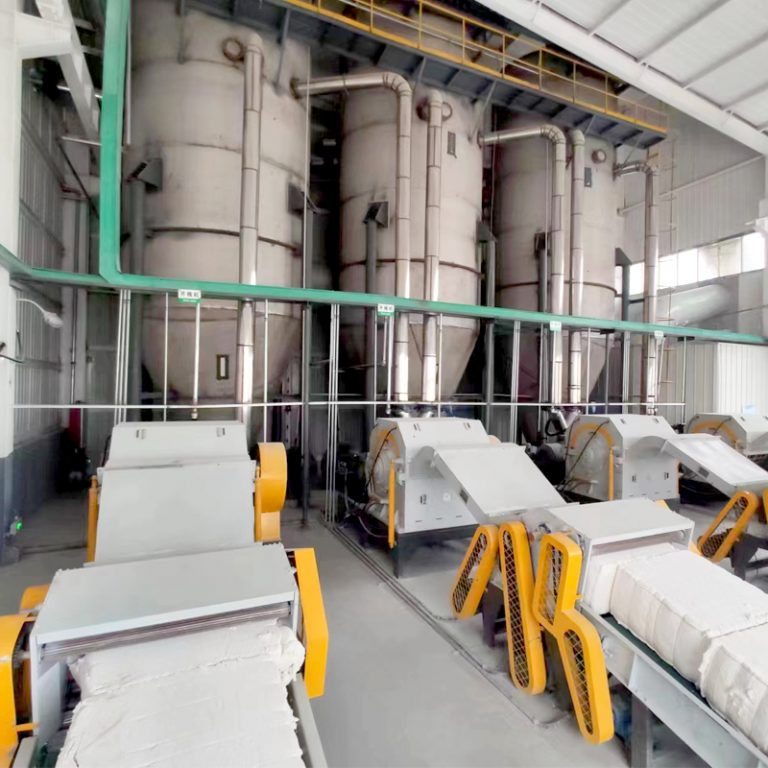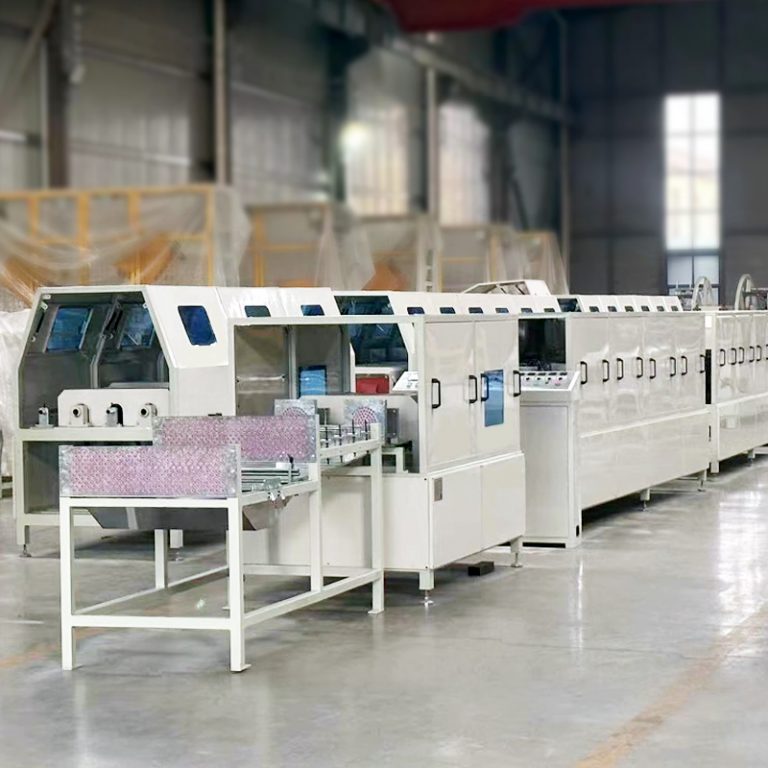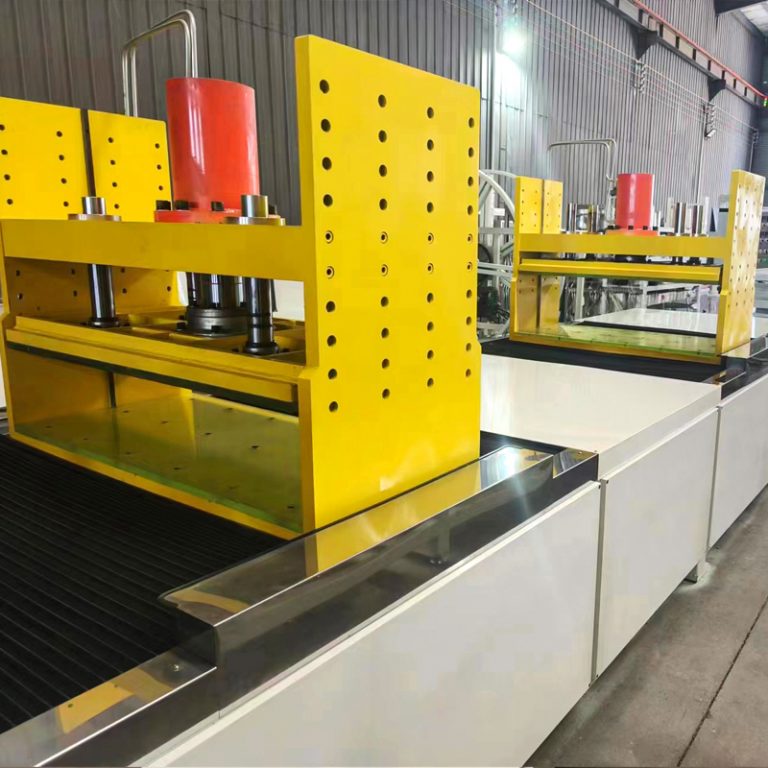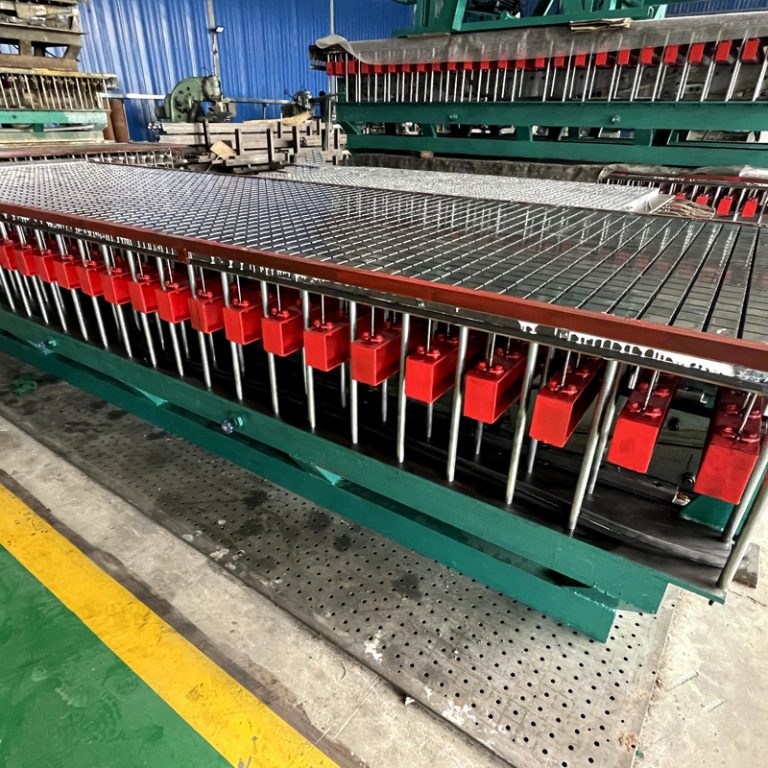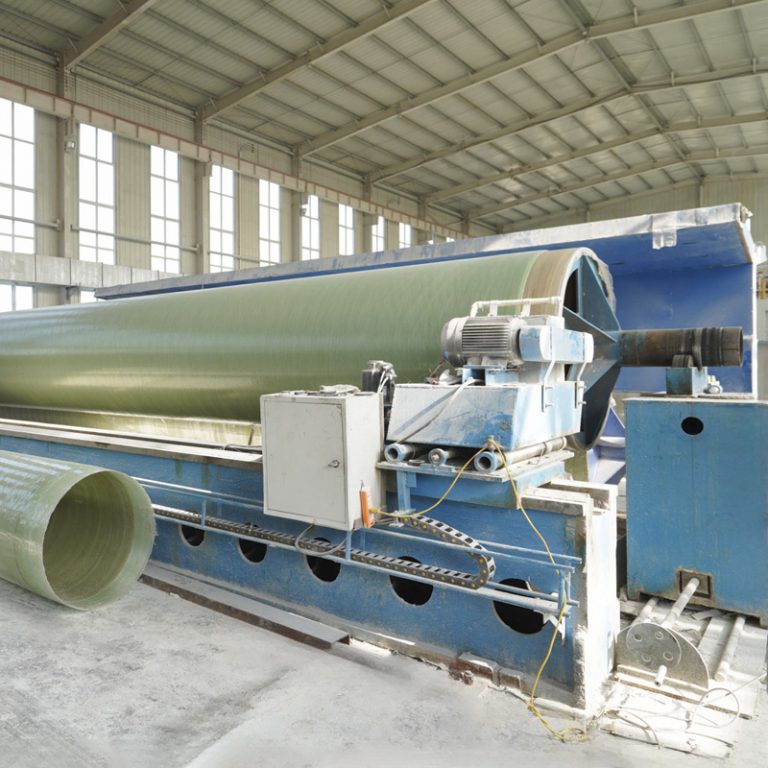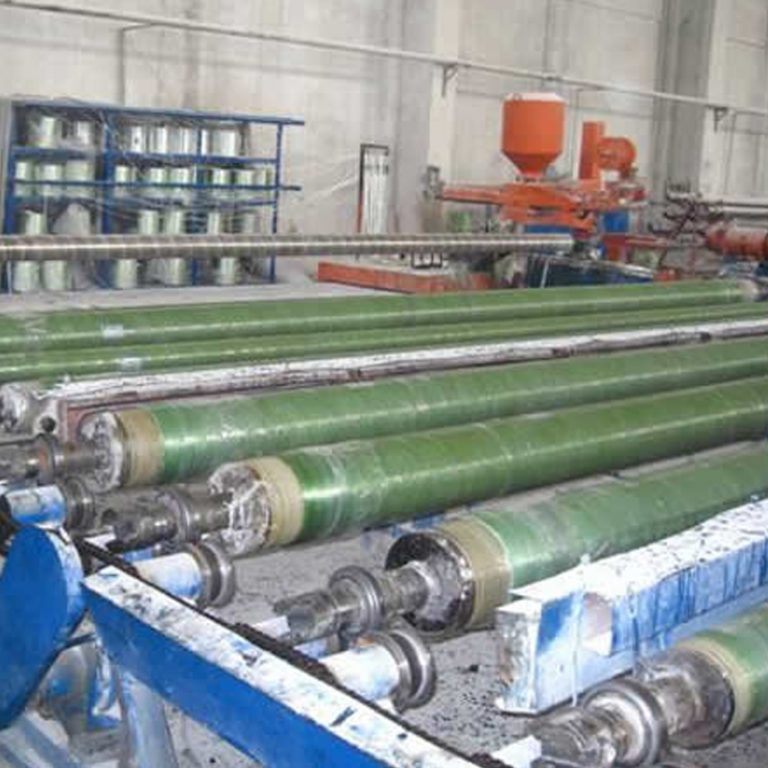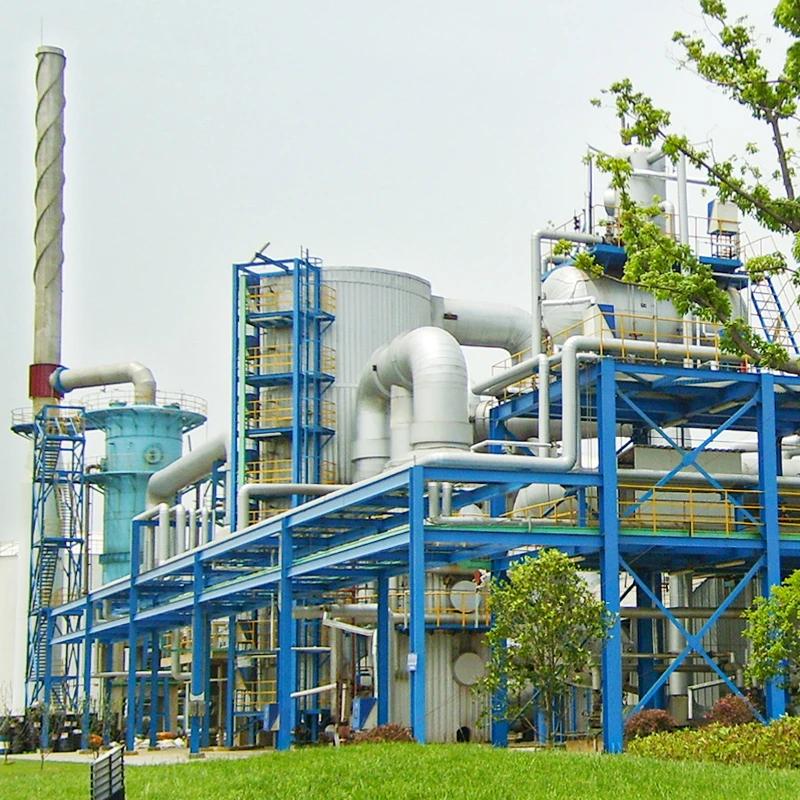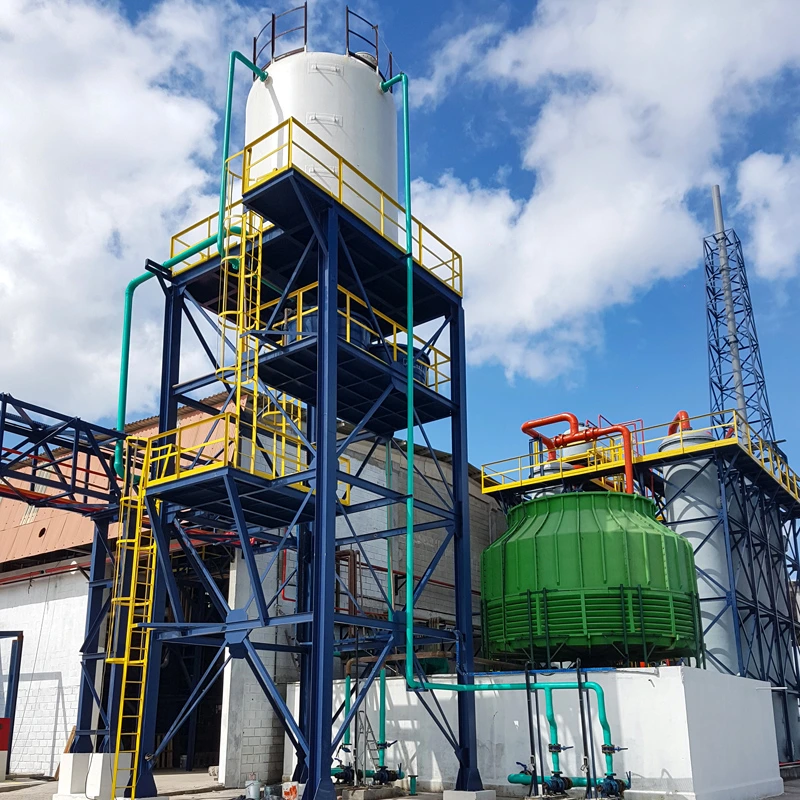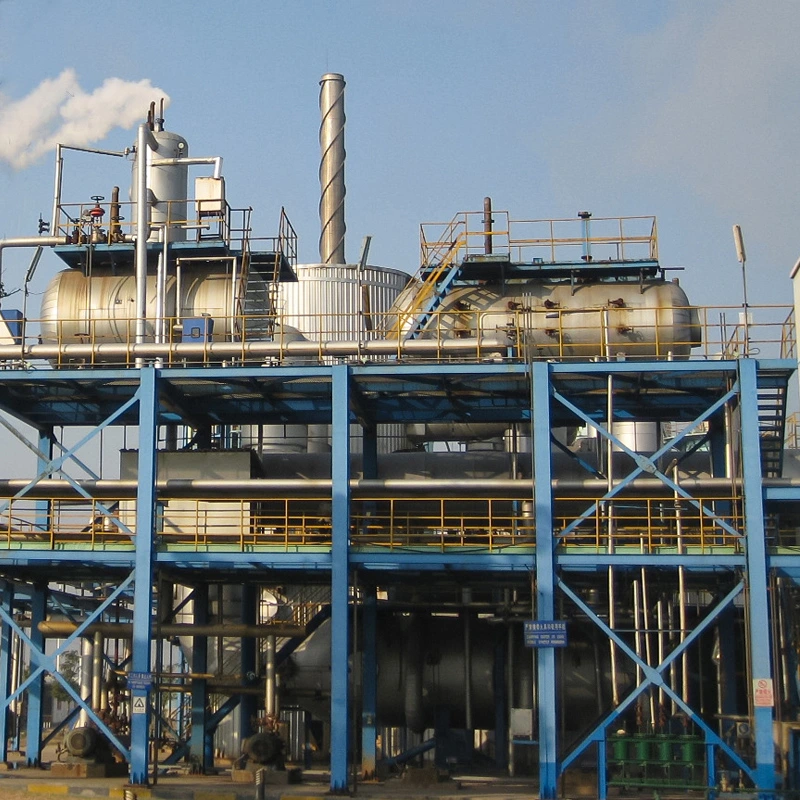Raw Material Selection and Purity Control
Importance of High-Purity Raw Materials
The production of sodium sulfate requires the utilization of materials of exceptional purity to guarantee the excellence and effectiveness of the result, product quality is maintained throughout the process. The choice of these materials significantly influences the reactions that occur as impurities may result in undesirable side products or reduced output yields. For instance, in the manufacturing process of potassium sulfate, through the Mannheim method a reaction involving potassium chloride and sulfuric acid is conducted at elevated temperatures. The raw components are introduced into a muffle furnace heated to temperatures exceeding 600 degrees Celsius. To get the outcome, you’ll need high-quality potassium chloride and sulfuric acid during this procedure.
Utilization of By-Product Resources
Efficiently utilizing by products is crucial for the sustainability of sodium sulfate production processes. For example, in the Mannheim process the hydrochloric acid produced is carefully managed for reuse or sale. Waste recovery systems are employed to recycle hydrochloric acid (known as HCl),ensuring compliance with standards. These practices not reduce waste but also bring economic advantages by generating extra income sources.
Optimization of Production Processes
Selection of Suitable Manufacturing Methods
The selection of a production technique is crucial for achieving efficiency and cost-effectiveness in manufacturing processes. One notable method is the Mannheim process which has gained popularity despite its high cost due to expensive inputs. This approach accounts for a portion of the worldwide supply of SOP. Aoliande has made progress in this field by enhancing furnace construction and material design. These improvements result in uniform heating across the process leading to reactions and decreased energy usage.
Crystallization Process Control
The process of crystallization plays a role in the production of sodium sulfate as it directly impacts the quality of the final product. Cutting edge technologies such as PLC control systems are utilized to oversee and manage this stage effectively. These systems are responsible for tuning the feed stock ratio to maintain consistent production levels and streamline operations while reducing labor expenses. This level of precision guarantees uniform crystal sizes and purity levels that are vital for various industrial uses.
Environmental Protection and Sustainability
Wastewater Treatment Strategies
Preserving the environment is crucial in manufacturing practices. In the production of sodium sulfate wastewater is treated using desulfuration and washing methods to adhere to emission regulations. Once desulfurized and washed the tail gas from the production process meets emission standards. This safeguards against harm when discharging water and ensures compliance with regulatory mandates.
Energy Efficiency Measures
Sustainability in manufacturing also hinges on energy efficiency importance to Aoliande, which has adopted strategies to curb energy usage in its operations. For instance, they have upgraded furnace flue designs to optimize heat utilization. Switched from conventional heating methods to gas generators for higher efficiency. By enhancing furnace flue designs the company maximizes energy utilization effectively.
Management of By-Products
It’s effectively handling products not just guarantees a relief on environmental woes but also contributes to the value of manufacturing processes in a positive way. An example is that hydrochloric acid generated from sodium sulfate production can be cleaned for use elsewhere in industry. More efficient HCl absorbing systems contribute towards improving the general quality of the end product. Such a path is congruent with Aoliande’s sustainability and future-oriented focus on innovation.
Quality Control and Grading Standards
Grading Standards for Different Applications
In manufacturing sodium sulfate, maintaining quality control is necessary in order to meet industry standards effectively.
Various applications necessitate varying grades of sodium sulfate based on criteria like purity particle size, and other physical or chemical criteria.
Industrial grade sodium sulfate, for example, has general use in the manufacture of glass and detergents where minute impurities are permissible.
Alternatively, sodium sulfate pharmaceutical grade must be of a superior level as it is used in pharmaceutical preparations. Aoliande is exceptional in maintaining these grading levels by adopting new technologies. The firm uses PLC control systems in handling the production processes with vigilant monitoring for accuracy and consistency. The process aims at reducing inconsistencies in the quality of the products in an effort to meet varied demands in the markets satisfactorily.
Advanced Testing Techniques for Quality Assurance
Sodium Sulphate production needs thorough testing. This ensures quality and safety. Methods like spectrophotometry and chromatography check raw materials and products. They spot impurities that might affect performance or safety. Aoliande uses cutting-edge tools for monitoring. For instance, they’ve upgraded furnace chimney designs. This boosts energy efficiency and maintains reaction conditions. Strict tests happen at every stage, this guarantees compliance with standards.
FAQ Section
Q: What factors determine Sodium Sulphate production quality?
A: The quality of raw materials and precision in crystallization are key. They shape the final product’s quality.
Q: How does Aoliande keep its production quality high and steady?
A: They use advanced tools like PLC systems and real-time monitoring. These maintain consistent product quality.
Q: Why is grading important in Sodium Sulphate production?
A: Grading ensures the product fits specific industry needs, like pharmaceuticals or manufacturing.
Q: What tests ensure effective quality control?
A: Techniques like spectrophotometry and chromatography verify quality. They ensure safety and performance.
For questions or support, contact us via Whats App at +86 13363884492 or email belan@aldfrap.com.








